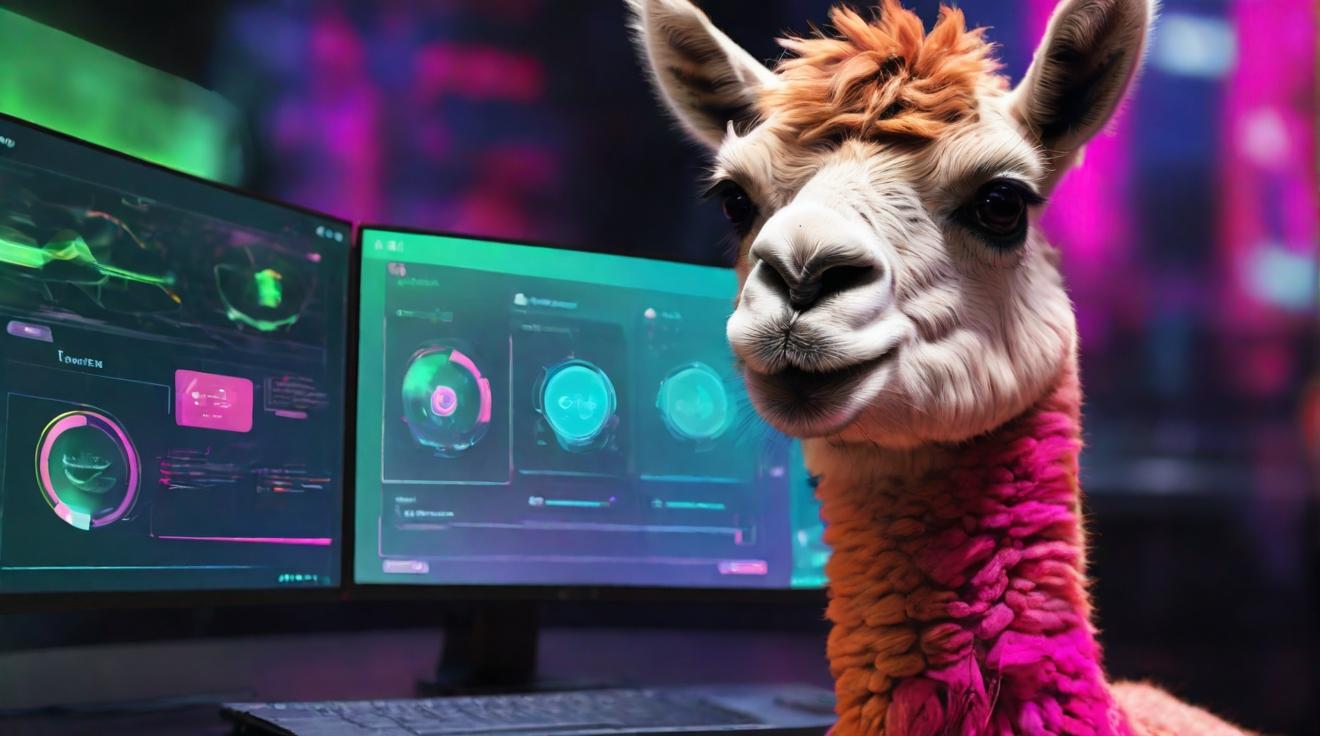AI Streamlining Admissions: How Colleges are Using Technology for Efficiency
College admissions is a complex and time-consuming process, often burdening admissions officers with countless applications to review and assess. Recognizing the potential of artificial intelligence (AI) to streamline their operations, many colleges and universities have begun deploying AI solutions in their admissions offices. According to a recent survey by Intelligent, 50% of admissions offices are already using AI to enhance their screening processes, and this number is expected to grow as technology continues to advance.
Automating Preliminary Screening: AI’s Role in Creating Academic Profiles
One key area where AI is proving to be beneficial is in automating the preliminary screening of applicants. By leveraging AI algorithms and machine learning, colleges can now extract important information from documents such as transcripts and standardized test scores. This allows AI systems to create an initial academic profile for each applicant, a task previously performed manually by admissions officers. By automating this process, colleges can save valuable time and resources, enabling admissions officers to focus on more nuanced aspects of the application review.
AI’s Impact on Admissions: Sifting Through Data Sets for Efficiency
In addition to automating preliminary screening, AI is also being used to sift through large data sets and identify potential successful candidates. Many colleges employ specific formulas or rubrics to evaluate applicants, and AI can assist in this evaluation process by analyzing data and identifying patterns. This relieves significant strain on admissions resources, especially for institutions with smaller admissions offices. By allowing AI to handle the initial assessment, admissions officers can concentrate on essential tasks such as awarding scholarships and financial aid packages, ultimately improving the overall efficiency of the admissions process.
Maintaining the Human Element: AI’s Limitations in Highly Selective Admissions
While AI has revolutionized many aspects of the admissions process, highly selective schools often rely heavily on a holistic evaluation process that takes into account various factors beyond academic achievements. These institutions are more likely to maintain the human element in admissions decision-making, even as AI becomes more prevalent. At Kenyon College, for instance, where the acceptance rate is just 29%, the associate dean for enrollment operations, Ryan Motevalli-Oliner, emphasizes the importance of the human touch in assessing applicants. While AI may assist in synthesizing information, the ultimate decision-making still rests with human reviewers to ensure a comprehensive evaluation.
The Future of AI in College Admissions: Balancing Efficiency with the Human Touch
As AI continues to advance, it will undoubtedly play an increasingly significant role in the college admissions process. However, finding the right balance between efficiency and the human touch will be crucial in ensuring a fair and holistic evaluation of applicants. While AI can handle routine tasks such as reviewing application materials and communicating with candidates, it is unlikely to replace the human element in highly selective admissions. The future integration of AI and human judgment will likely involve using AI tools to assist in the initial stages of evaluation, providing valuable insights and recommendations for human reviewers. This collaborative approach can help improve efficiency while maintaining the personalized and nuanced aspects of the admissions process that are essential in selecting the best-fit candidates for each institution.
Analyst comment
Neutral news.
As AI technology continues to advance, more colleges and universities are utilizing AI solutions to streamline their admissions processes. AI is being used to automate preliminary screening and sift through large data sets, saving time and resources for admissions officers. However, highly selective institutions still prioritize the human element in decision-making. The future of AI in college admissions will involve a collaborative approach, with AI tools assisting human reviewers in the initial stages of evaluation. This will help improve efficiency while maintaining the personalized and nuanced aspects of the admissions process.













